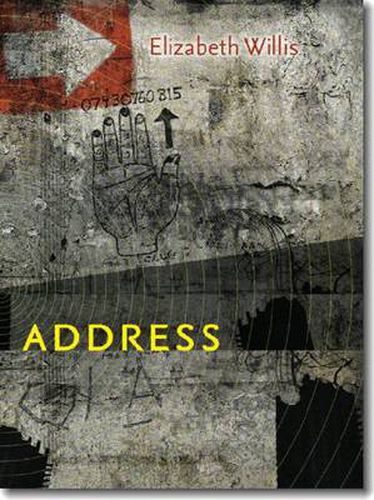Readings Newsletter
Become a Readings Member to make your shopping experience even easier.
Sign in or sign up for free!
You’re not far away from qualifying for FREE standard shipping within Australia
You’ve qualified for FREE standard shipping within Australia
The cart is loading…






Address draws us into visible and invisible architectures, into acts of intimate and public address. These poems are concentrated, polyvocal, and sharply attentive to acts of representation; they take personally their politics and in the process reveal something about the way civic structures inhabit the imagination. Poisonous plants, witches, anthems, bees-beneath their surface, we glimpse the fragility of our founding, republican aspirations and witness a disintegrating landscape artfully transformed. If a poem can serve as a kind of astrolabe, measuring distances both cosmic and immediate, temporal and physical, it does so by imaginative, nonlinear means. Here, past and present engage in acts of mutual interrogation and critique, and within this dynamic Willis’s poetry is at once complexly authoritative and searching: so begins our legislation.
Check for the online reader’s companion at http://address.site.wesleyan.edu.
$9.00 standard shipping within Australia
FREE standard shipping within Australia for orders over $100.00
Express & International shipping calculated at checkout
Address draws us into visible and invisible architectures, into acts of intimate and public address. These poems are concentrated, polyvocal, and sharply attentive to acts of representation; they take personally their politics and in the process reveal something about the way civic structures inhabit the imagination. Poisonous plants, witches, anthems, bees-beneath their surface, we glimpse the fragility of our founding, republican aspirations and witness a disintegrating landscape artfully transformed. If a poem can serve as a kind of astrolabe, measuring distances both cosmic and immediate, temporal and physical, it does so by imaginative, nonlinear means. Here, past and present engage in acts of mutual interrogation and critique, and within this dynamic Willis’s poetry is at once complexly authoritative and searching: so begins our legislation.
Check for the online reader’s companion at http://address.site.wesleyan.edu.